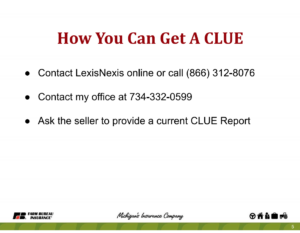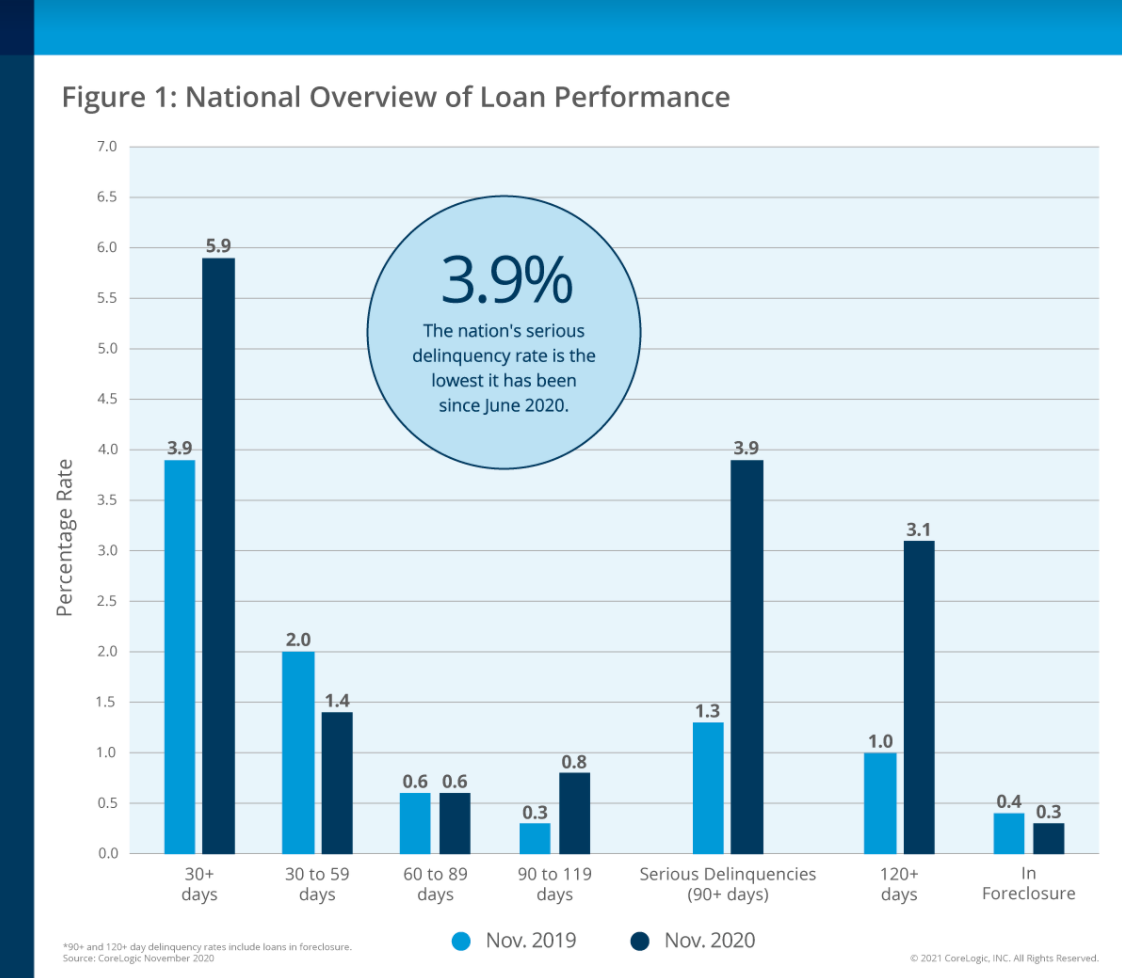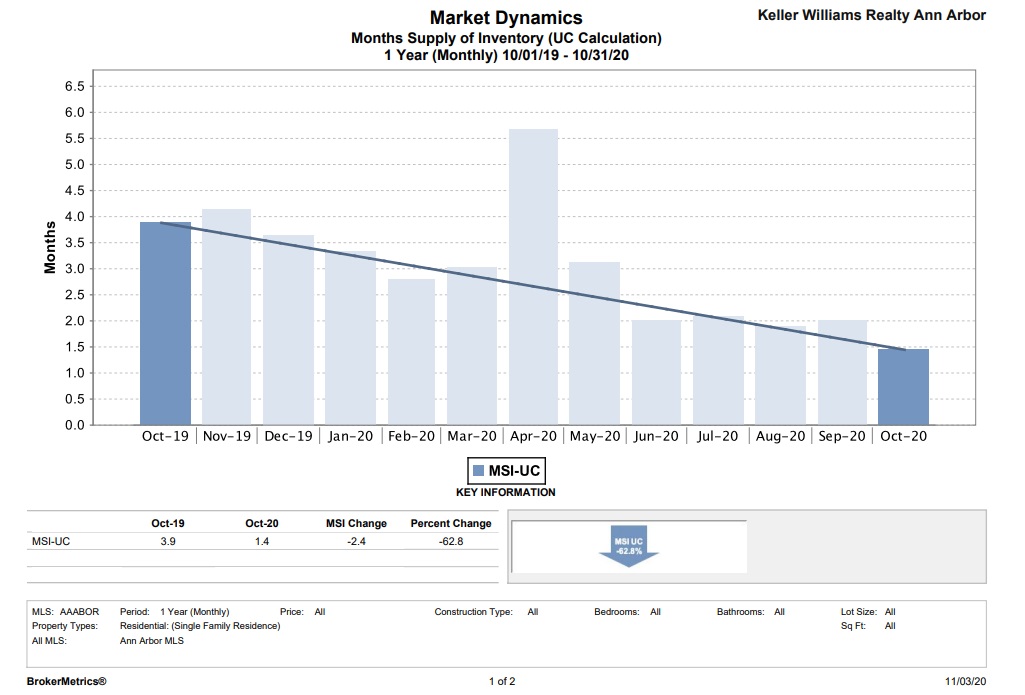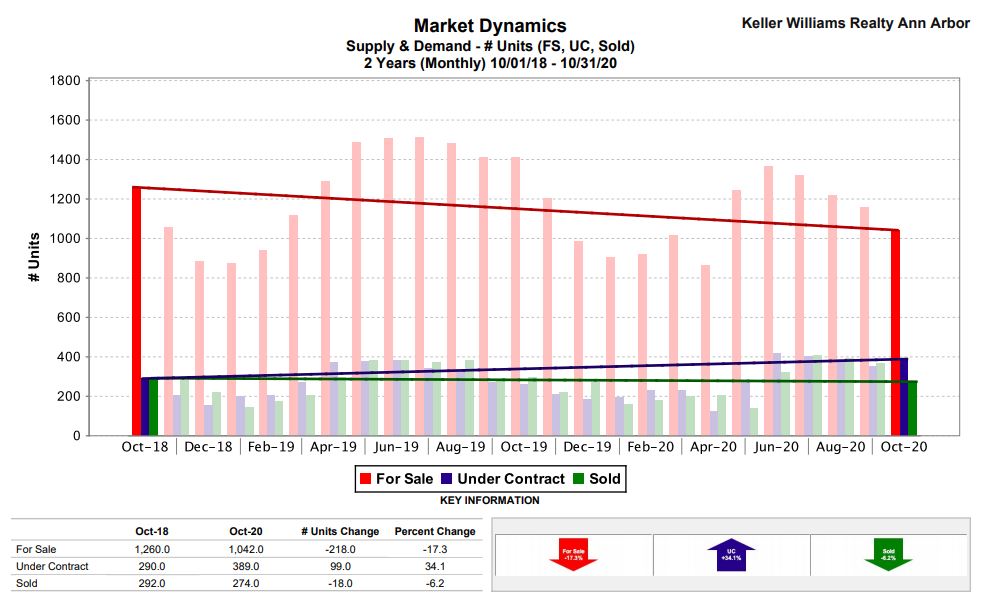Here’s everything you need to know about CLUE reports.
Want to Buy a Home? Search All Homes
Want to Sell a Home? Get a Home Value Report
Feel free to watch the video above to learn all you need to know about this topic or use these timestamps to skip ahead to various sections at your leisure:
1:25—Why should a buyer get a CLUE report?
2:07—A property can carry a CLUE report for something that has nothing to do with the seller’s disclosure
3:17—How far back can claims go? How can you request a CLUE report?
4:04—What will you find on a CLUE report? Can claims be made on a property and not show up in a CLUE report?
4:37—Other valuable CLUE report tidbits
5:41—Why would a CLUE report be important for a seller?
How You Can Use the CLUE
- Gives a buyer some insight into the home’s history
- Match the CLUE with the Seller’s Disclosure
- Can provide additional negotiation opportunities
How Insurance Uses the CLUE
- Helps determine insurability of a property
- Is a component in th premium calculations
- Aids in deciding if an individual is a good risk
6:27—How to contact Chris 
6:59—Wrapping things up
As always, if you have questions about this or any real estate topic, don’t hesitate to reach out to me. I’m happy to help.




 What a crazy Spring it has been!
What a crazy Spring it has been!
What is a CLUE report? Today I’m joined by insurance expert Chris Monaghan to answer that question and more. CLUE stands for Comprehensive Loss Underwriting Exchange, and this report is a valuable resource used in the insurance industry to assess homeowners insurance risk. It shows the lost history of a property and the associated owner.
What is a CLUE Report?